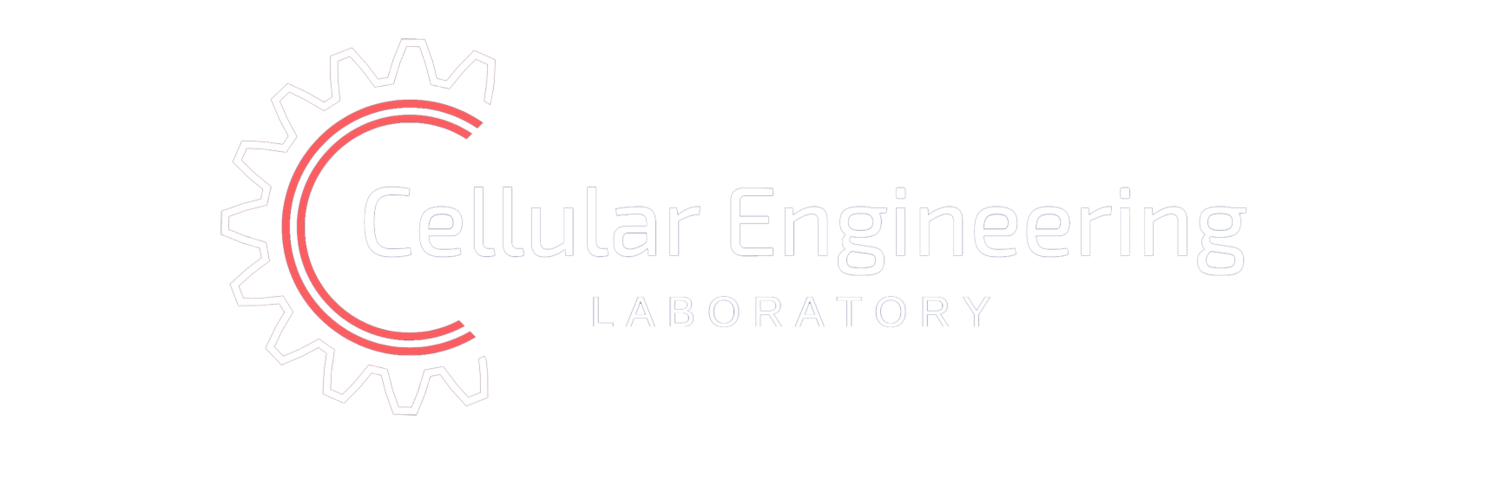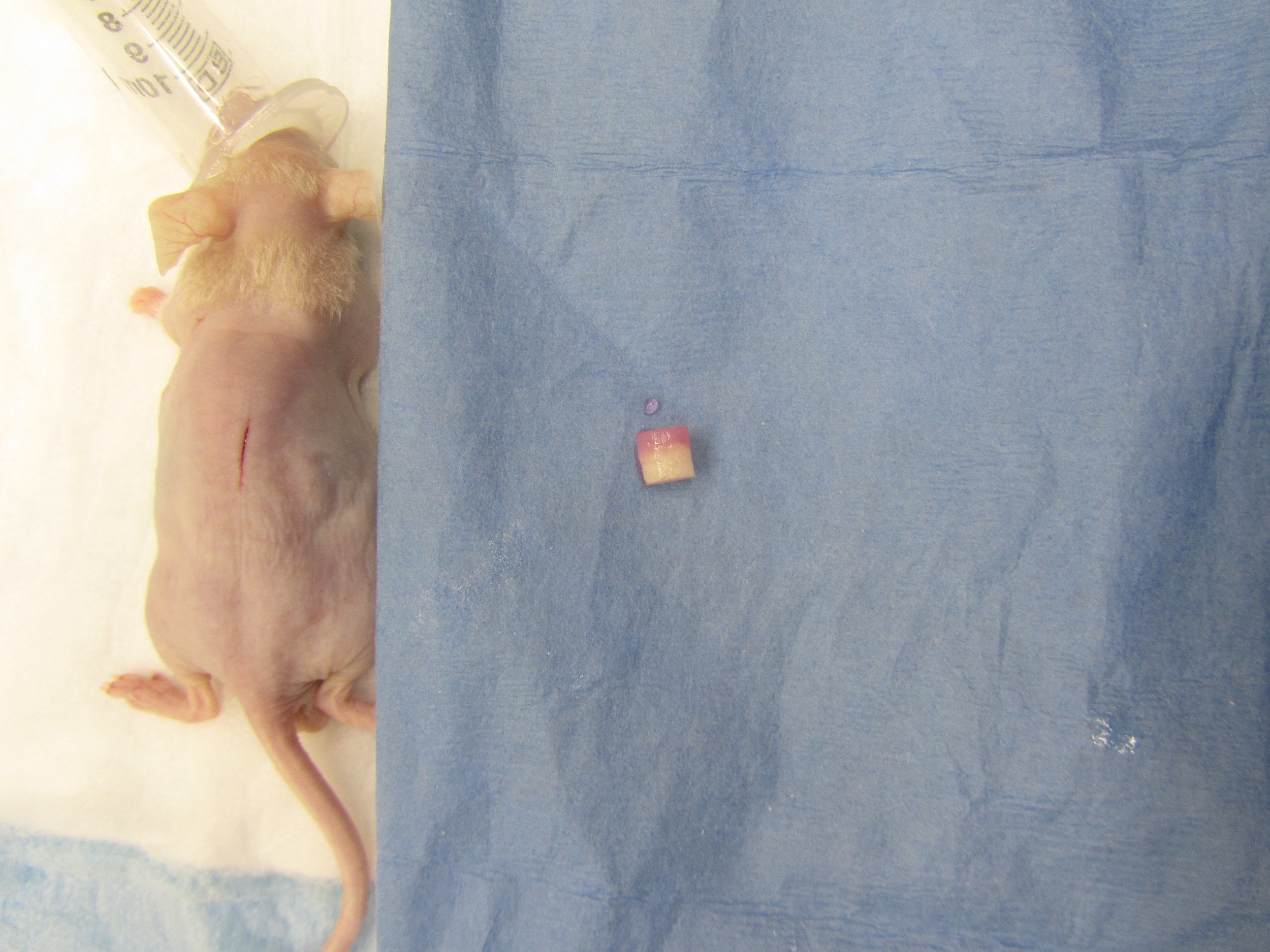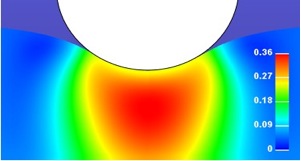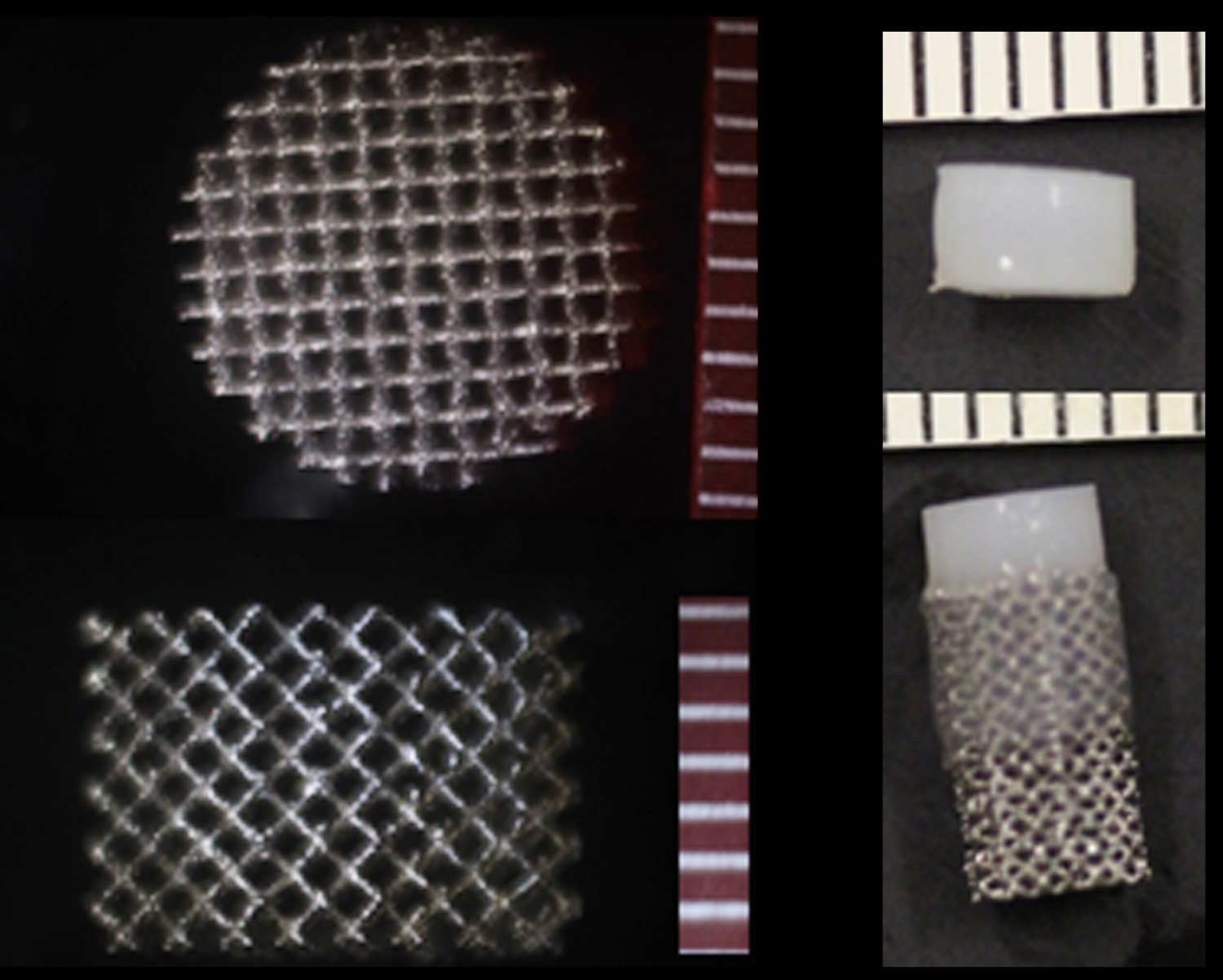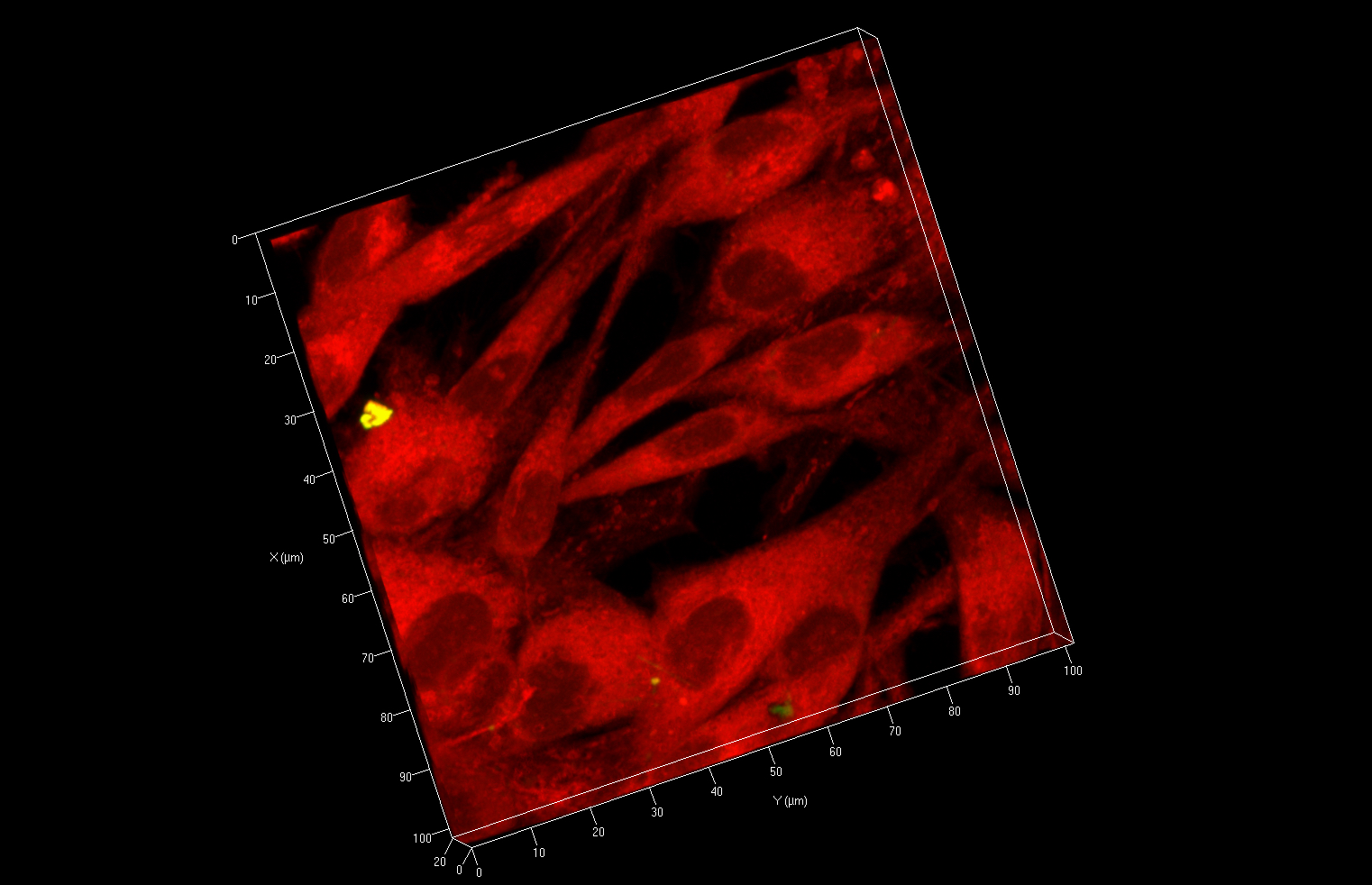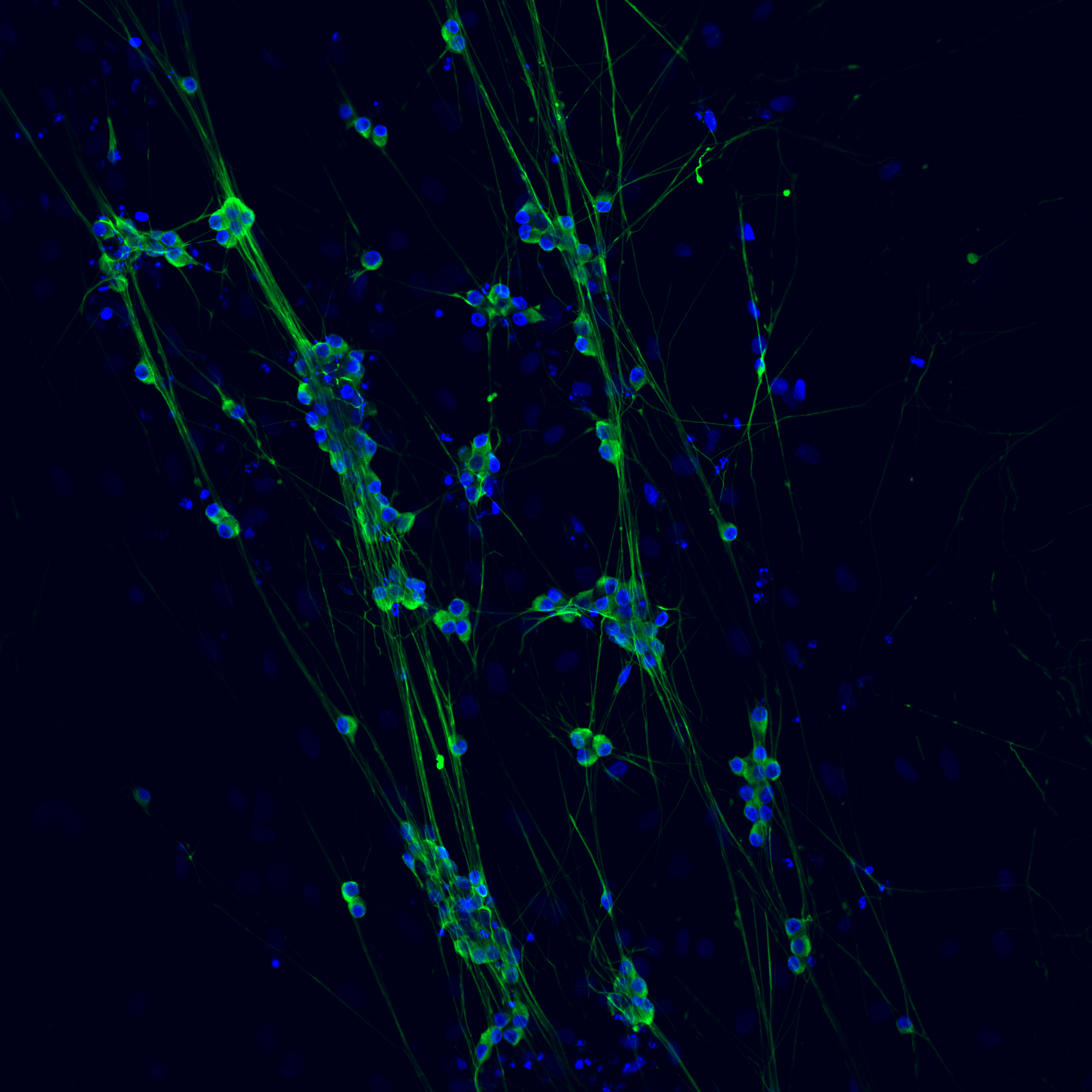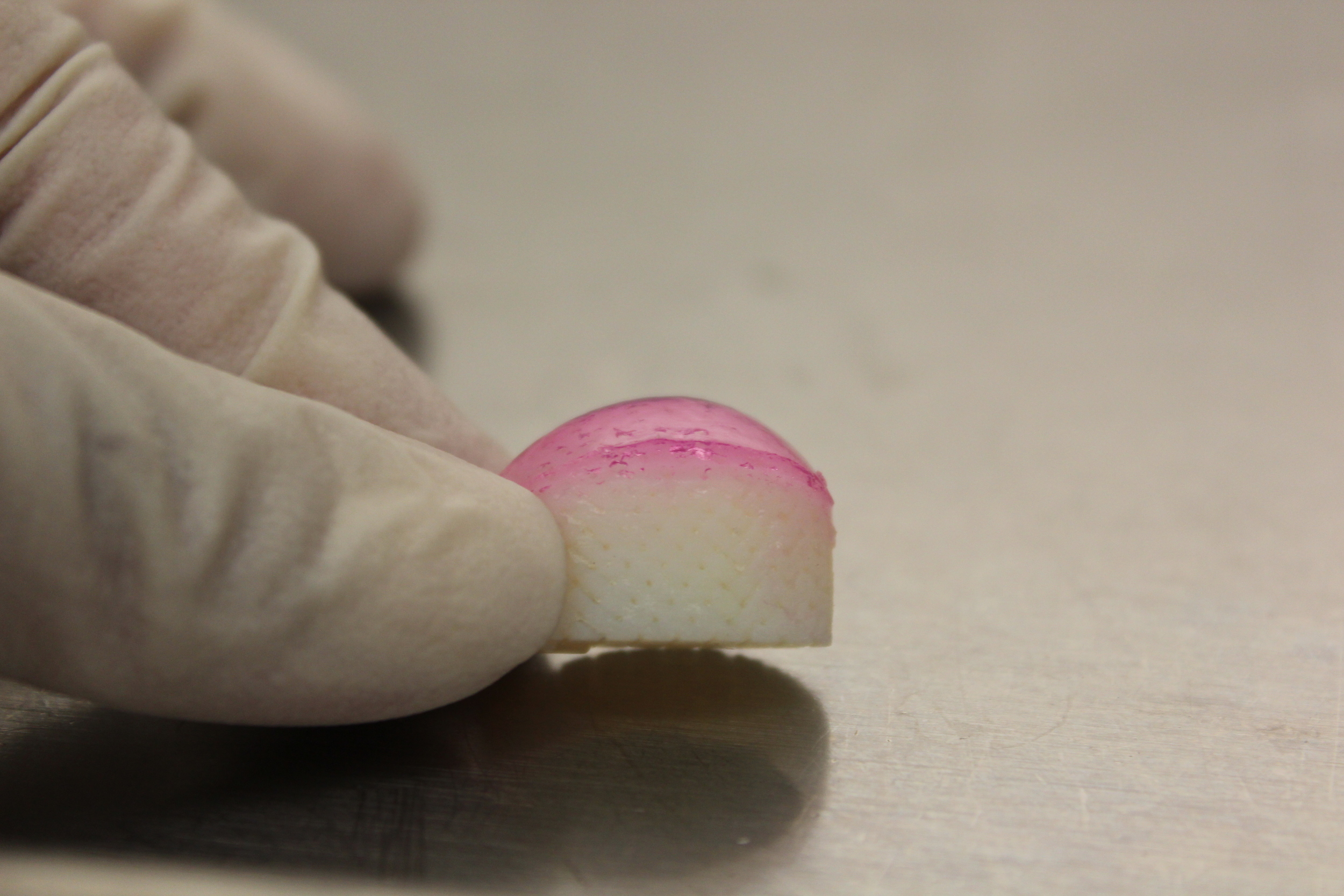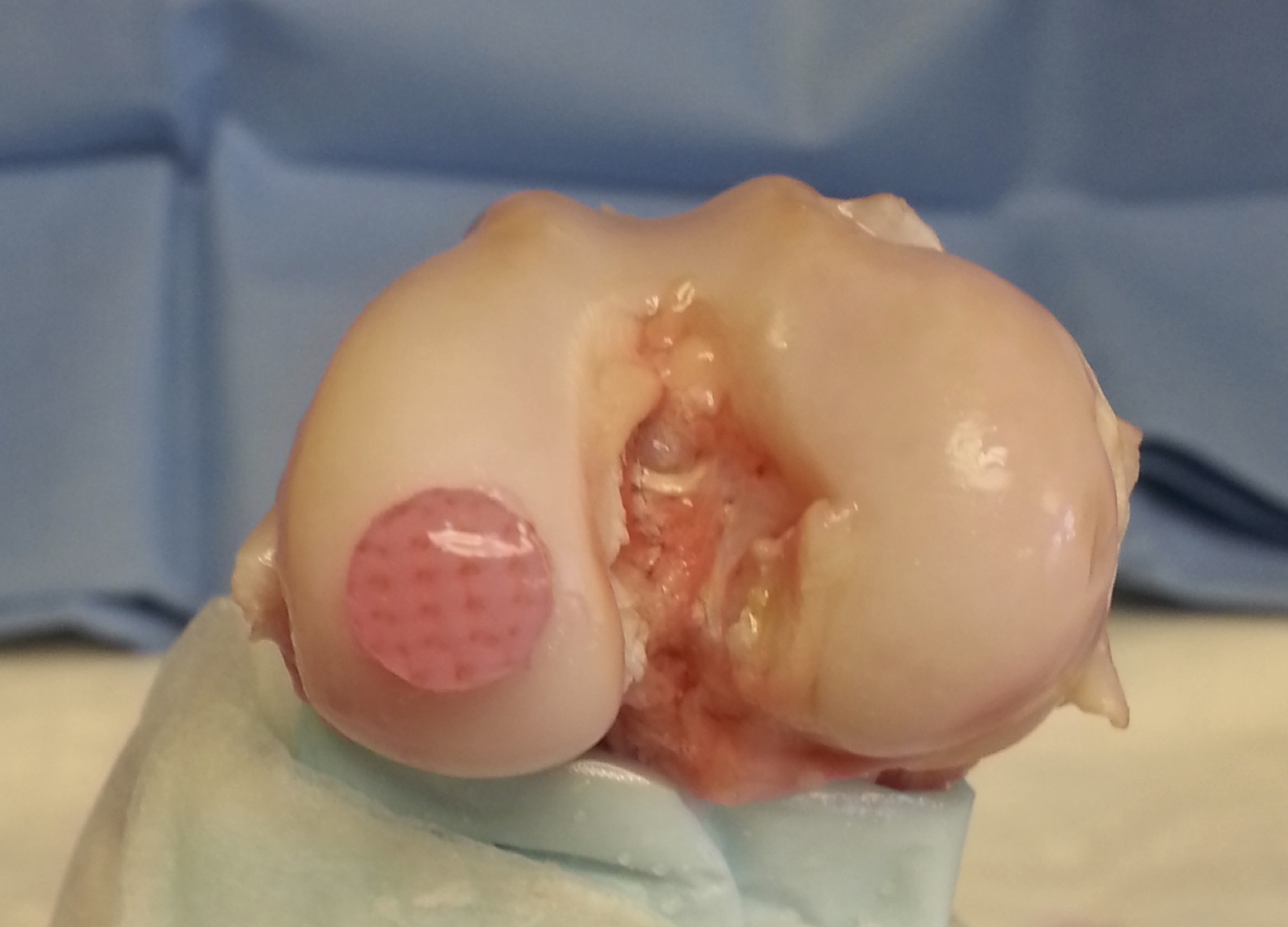The Cellular Engineering Laboratory conducts basic science research aimed at the study of physical effects on cell and tissue regulation. Knowledge gained from these studies foster our parallel efforts to incorporate physical forces in strategies to develop tissue substitutes that mimic or restore normal tissue structure-function in orthopaedic (e.g. articular cartilage) and other load-bearing tissues of the body. With these complementary research efforts, the laboratory strives to contribute developing strategies to alleviate the most prevalent problems afflicting the musculoskeletal system today such as osteoarthritis and problems related to sports and occupational injuries. The laboratory has established a number of multidisciplinary collaborations at Columbia University (from the Departments of Biological Sciences, Mechanical Engineering, Chemical Engineering and Orthopaedic Surgery) and across universities (University of Missouri, University of Colorado-Boulder) that has facilitated the development and incorporation of state-of-the-art biological and engineering tools. These research efforts are supported by grants from national organizations including the National Institutes of Health, Musculoskeletal Transplant Foundation, AO Foundation, Wallace H. Coulter Foundation, and the Whitaker Foundation.
Areas of research focus
Cartilage Tissue Engineering
There are a number of challenges to successfully engineering cartilage replacements, including considerations regarding cell source, scaffold material, applied stimuli, anatomical contouring, etc. Each parameter affects the mechanical and functional properties of the tissue and may directly influence implantation success. [more]
Microscopic Analyses of Cell Behavior
Rapid analyses of temporal changes to cells in 2D culture and explant tissues can be easily assessed with microscopic assays, including real time calcium imaging and cell migration experiments. These microscope studies may inform underlying mechanisms responsible for changes in cellular behavior. [more]
Synovium-Mediated Injury Models for Understanding Osteoarthritis
Synovium explants present a challenge to both purely isolate and sustain in culture, making them difficult to study. We have developed an in vitro tissue engineered model of the synovium to understand the role of synovial fibroblasts in the diseased or injured environment. [more]
Engineering Cartilage for Clinical Use: Advances in the use of Human Chondrocytes
With the support of the Wallace H. Coulter Foundation, Musculoskeletal Transplant Foundation (MTF) and Columbia Technology Ventures (CTV), our laboratory has pursued translational efforts to commercialize engineered osteochondral replacement tissue for clinical use. [more]
